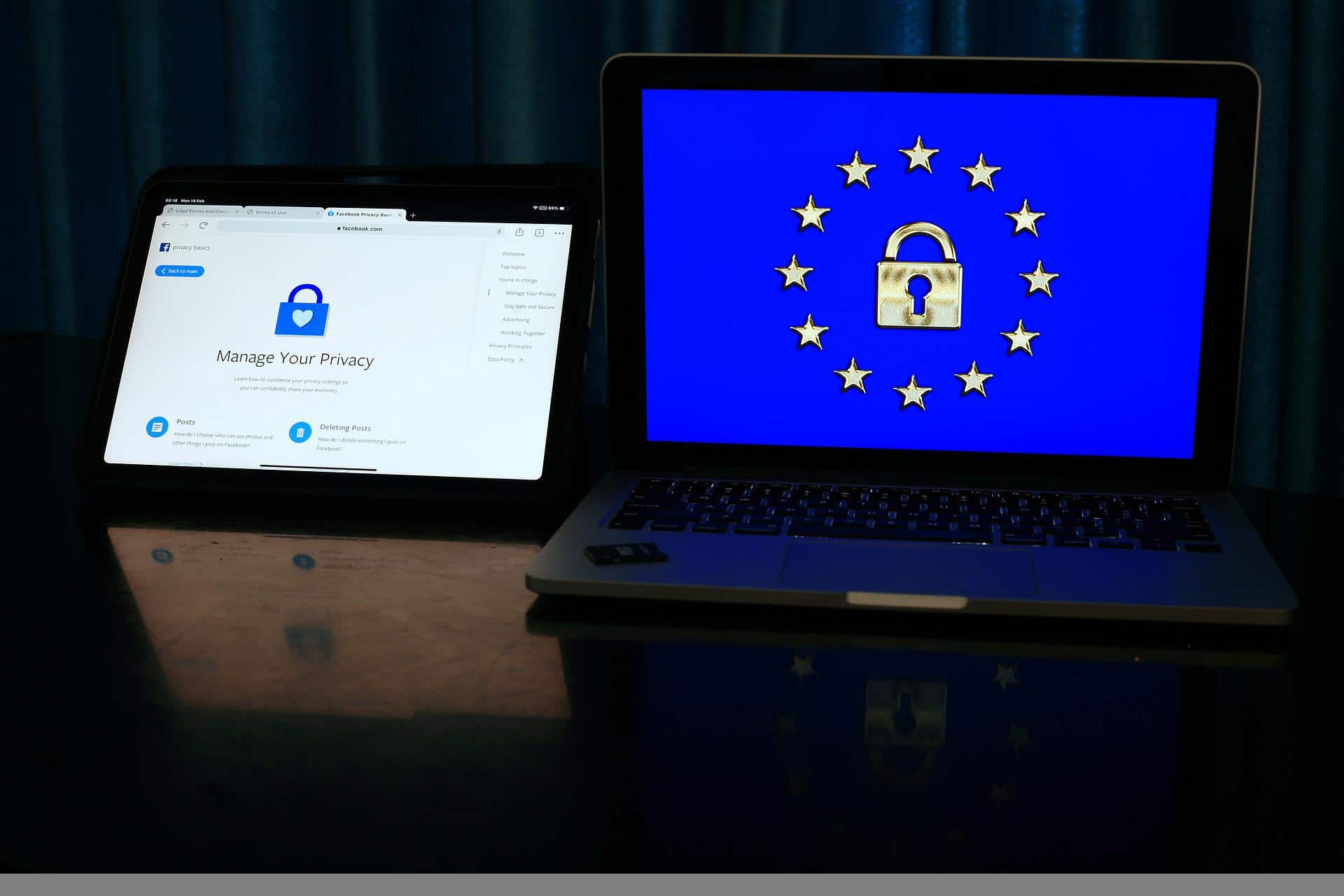
Businesses, small or large, have become obliged to protect their online presence. It’s essential for all businesses to establish sturdy cyber security to shield themselves from cybercriminals. For that matter, Europe has made a law of protection for critical data, known as GDPR.
Here is all you need to know about GDPR regarding definitions, compliance, requirements, and more.

Definition
GDPR stands for General Data Protection Regulation. It’s a regulation that the European Parliament adopted back in 2016 and put into effect in 2018. This regulation requires companies to comply with providing a certain level of protection for their data.
The laws of GDPR also state the process that corporates should go through to obtain and safeguard their rights. It also provides corporates and individuals with several rights that help with shielding their data.
Moreover, all businesses within the European member must comply with GDPR, according to established laws. On the other hand, non-compliance costs businesses huge fines.
Why is it Important?
Since fines are imposed on those who do not comply, there must be a real significance to the GDPR compliance. According to the European Parliament, the privacy of personal and corporate data is fundamental. Thus, they have set laws that oblige corporates to have their privacy supported to a reasonable level.
Many companies that fall in several industries handle the personal and financial data of individuals. The laws of GDPR hold them accountable if a data breach takes place from within. Moreover, it provides individuals with the ability to exercise some rights under the regulation.

Individuals Rights that GDPR Provides
The regulations of GDPR are made for the individual’s rights to data protection. Many corporates that obtain sensitive personal or financial information can use or sell this data, putting individuals in jeopardy. Thus, the following rights are what GDPR offers for extra protection; however, exceptions may occur in some cases.
Under the laws of GDPR, individuals have several rights. One of those rights is the right of access, where one can lawfully ask for a copy of their data. They also have the right to ask how the corporate is going to use their data.
Another right that individuals are provided is correcting or removing any personal information at any time. They also have the right to have their data taken down altogether and being inaccessible. Also, those who have any doubts have the right to object or restrict corporates from using their personal information.
Type of Information it Protects
The regulations and laws of GDPR cover pretty much any data that concerns its confidentiality. This data includes personal identity information (PII), which can be names, addresses, social security numbers (SSN).
It also protects online data that involves IP addresses, GPS location, or cookie data. Health data is also of great concern since it’s usually tied to financial information.
CCPA vs. GDPR

CCPA stands for California Consumer Privacy Act. It is also privacy legislation that protects the personal and web rights of Californians. Some may refer to it as the California GDPR, for it made its appearance post the wake of the EU regulations.
CCPA is privacy legislation that protects individuals’ data across the United States. Its laws bear a remarkable resemblance to those of the European version.
The main difference between the two regulations is that the CCPA adds an extra layer of protection. In other words, CCPA protects the concerned individual’s data and those related or who live within the same household. On the other hand, GDPR is exclusively concerned with the data protection of individuals.
That is why businesses have to protect their data and per cent any online breaches to their networks. It’s important for all businesses to use this method to maintain their cyber security and protect their work from cybercriminals.
